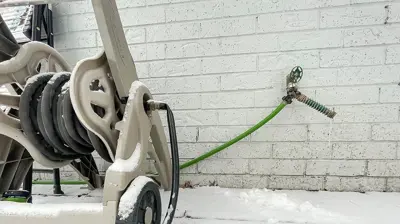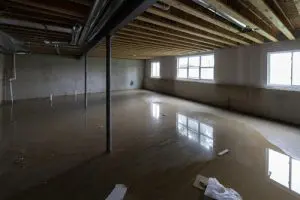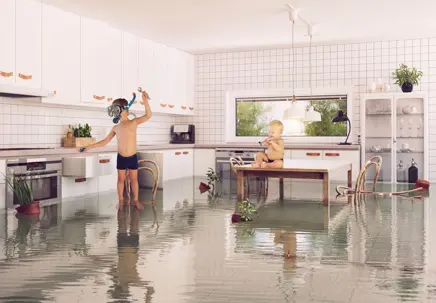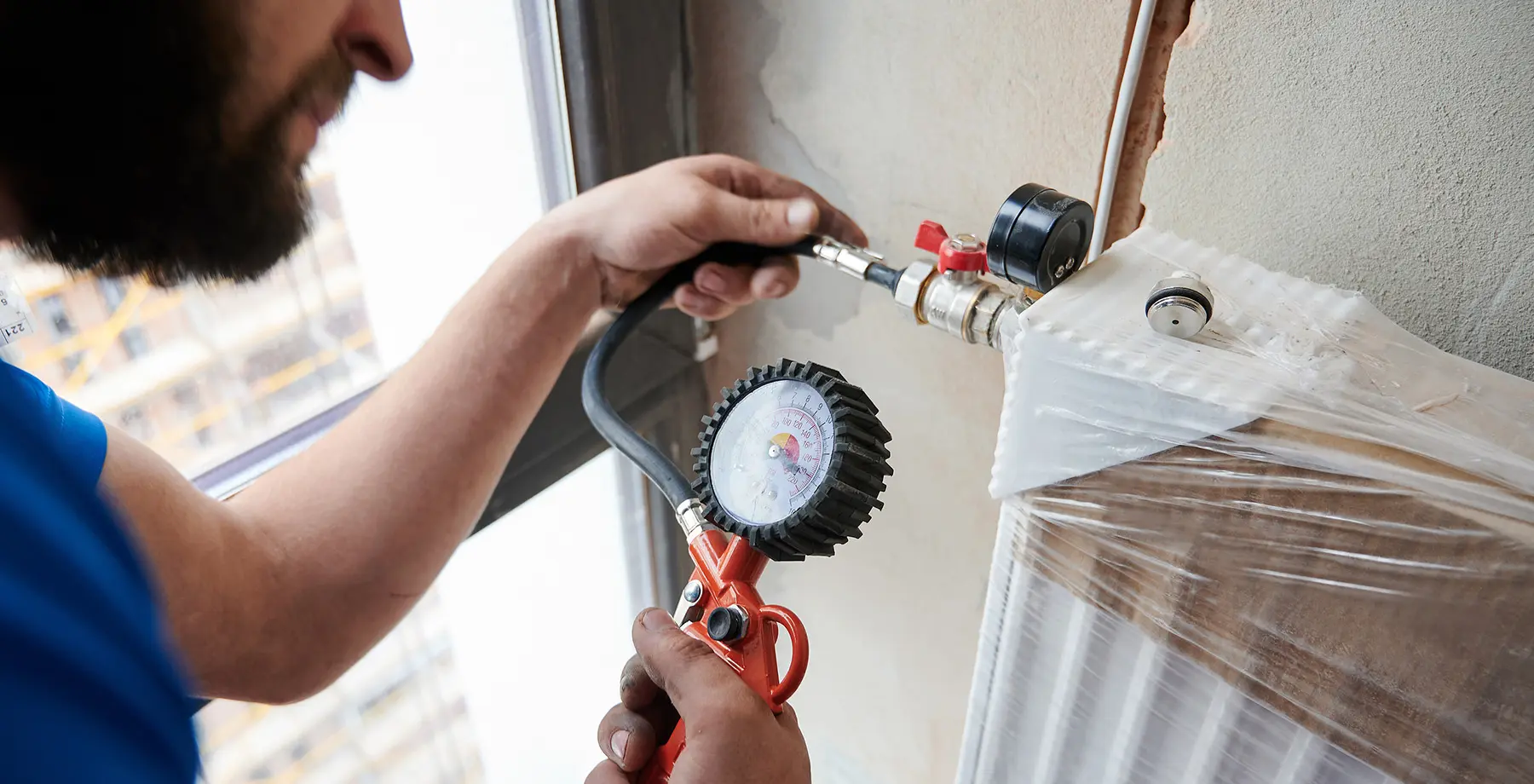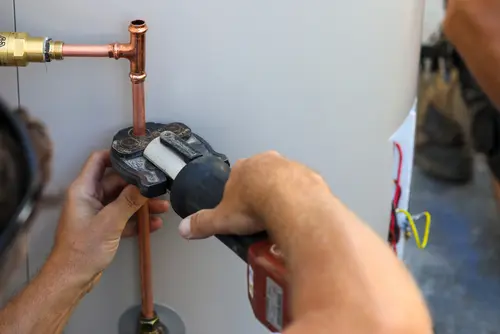Water Filtration Services
How Water Filtration Services Can Help Your Water
Clean water for your family to use and drink is one of the most important things your home provides. However, hard water, excess mineral content, and dangerous chemicals can all be present in the water that enters your home. This can come from a municipal water supply or a well on your property. If you are concerned about the composition of your water, a professional water filtration or water softening system can help. The expert technicians at AAA City Plumbing have the right solutions to make your water safe for your family and your pipes.
What is “Hard Water”?
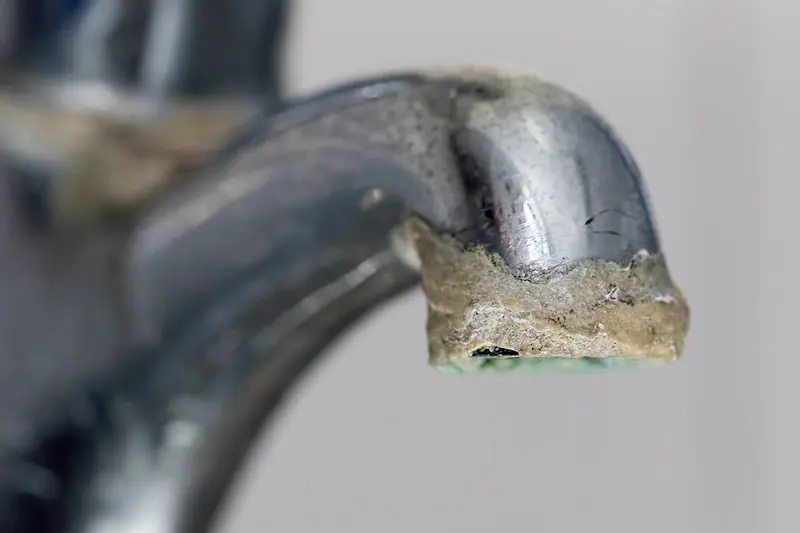 Water is generally classified as “hard” of “soft” based on the concentration of minerals that naturally occur. Different regions will have different levels of mineral content, and whether your water comes from the municipal water supply or a well on your property, you will notice a difference if you have hard water.
Water is generally classified as “hard” of “soft” based on the concentration of minerals that naturally occur. Different regions will have different levels of mineral content, and whether your water comes from the municipal water supply or a well on your property, you will notice a difference if you have hard water.
The more calcium and magnesium in your water, the harder the water. If you see a lot of mineral residue, which typically shows up as white scales on your faucets, sinks, drains, toilets, and dishes, that is a tell-tale sign you have hard water. You will also notice the effects of hard water on your laundry. Clothing that comes out of the washing machine stiff and dull with occasional water spots often indicates hard water.
One of the ways to verify this is by adding dish soap to a container filled with water and shaking it to measure the amount of suds that occur. The fewer the suds produced, the harder the water. If you want to know exactly how hard your water is, there are test kits that can tell you the number of grains per gallon. Soft water will have less than one grain per gallon, whereas very hard water can have over ten. Generally speaking, anything over seven should be treated by a water softener to avoid problems later on.
How Does Hard Water Affect Your Home?
Spots on your clothing and glassware, as well as residue on your faucets and fixtures can be annoying and hard to clean, but the real problem from hard water happens in your pipes. Over time, minerals and scale will build up in pipes and appliances, reducing their efficiency and effectiveness and shortening the lifespan. The scale can become so thick that it will interfere with the water pressure in your home and damage the pipes to the point that they will need to be replaced.
What is Water Softening?
Water softening is a way of cleaning and filtering water before it enters your home’s plumbing system. Water softeners work by an ion exchange. Resin beads inside the softener trap hard minerals. The hard minerals – primarily calcium and magnesium – are exchanged for sodium and potassium ions. The water is filtered through a solution containing sodium chloride that removes all impurities from the water.
Will a Water Softening System Prevent Hard Water Damage?
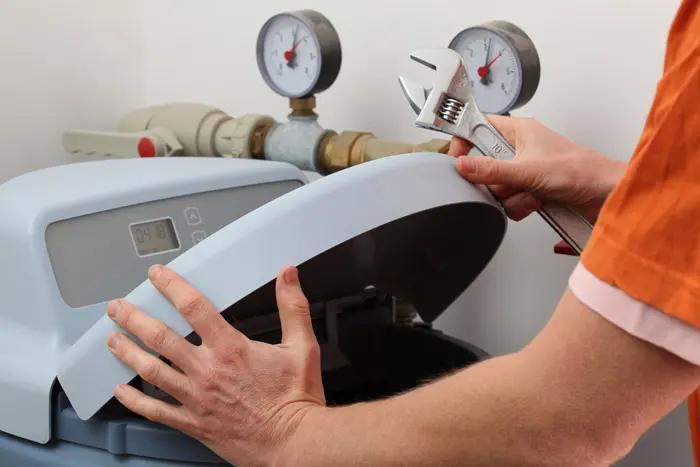
The damage caused to your plumbing system from hard water typically results from mineral build-up. When water enters your home and passes through the water softening system, these heavy minerals are removed. By passing through the tank filled with resinous beads and brine, the calcium and magnesium ions are filtered out and exchanged for sodium ions. By doing this, the hard minerals that cause build-up will not enter your home’s water system, keeping the pipes clear of calcium and limescale. Over time, the softened water will also start to dissolve the existing build-up of calcium and limescale, which will not only prevent future problems, but will improve the current health of your pipes. In addition, your water using appliances, such as dishwashers, washing machines, and ice and water dispensing refrigerators will have a longer lifespan.
Other Types of Water Filtration Systems
If you choose to remediate your hard water, you can choose to have a whole home water softening system installed, or you can choose to install water softeners to certain water sources, such as showerheads, kitchen sinks, and washing machines. These water filtration systems focus on mineral exchanges to reduce build-up. However, there are other ways to clean water to make it more enjoyable and safe for consumption. There are aeration and distillation systems that will remove any contaminants from the water. In an aeration system, air is added to water to bubble out the contaminants. In a distillation system, water is heated to boiling, the steam collected and allowed to condense into purified water. These filtration systems remove more harmful contaminants that can be dangerous to ingest, such as radon, arsenic, mercury, nitrites, nitrates, radium, and uranium. If you have any concerns about the safety of your water, AAA City Plumbing can assist you with the testing process and find a solution that will meet your needs.
AAA City Plumbing has licensed and insured plumbers with extensive experience in installing, repairing, and maintaining water softening and water filtration systems. We know that you are concerned about the health of your family and your plumbing system. That’s why we are committed to making sure you have clean, safe water to drink and use in your home. If you are concerned with the mineral and contaminant content in your water, contact us right away to talk about your options.
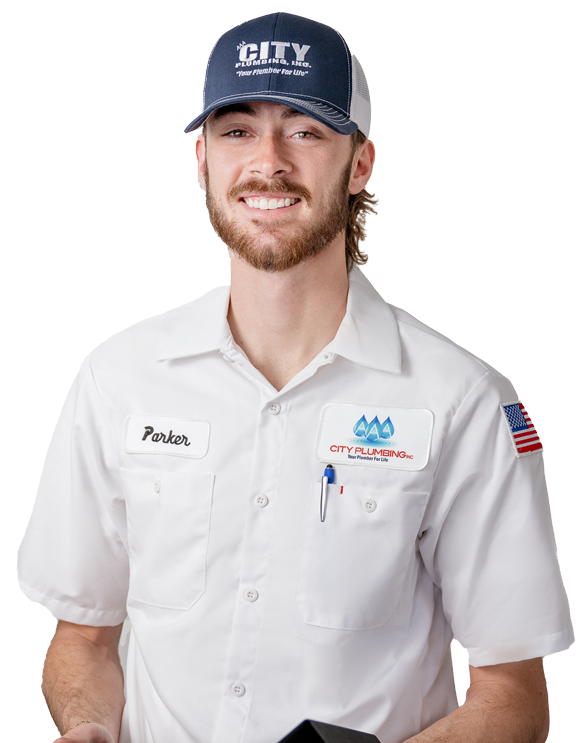
$50 OFF Any Plumbing Service
Not combinable with other offers.
Must mention Parker to receive this discount.
Valid Jan 1, 2025 - Dec 31, 2025
Providing professional plumbing services for nearly 30 years. We love what we do and will always treat your home as if it was our own.
Whatever your plumbing need, we are here to solve your plumbing problem and make your home or business a place you can enjoy stress-free.
We hire top-notch plumbers in the area because your home & business deserve the very best.
Have a Plumbing Emergency in Charlotte, Rock Hill, or a surrounding area?
Let AAA City Plumbing help! Schedule your service today!
